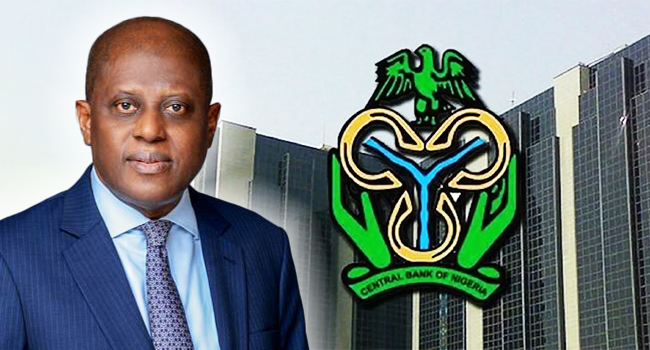By Adeyemi Adekunle
Abuja, Nigeria – The Federal Government of Nigeria’s deficit spending rose to N12.1 trillion in the first ten months of 2024, representing a 28 percent Year-on-Year increase from the N9.8 trillion recorded in the same period of 2023. This development reflects a significant fiscal adjustment as the government continues to manage revenue growth alongside rising expenditures.
Data from the Central Bank of Nigeria (CBN) Monthly Economic Reports revealed that the Federal Government exceeded its Budget 2024 deficit target of N9.8 trillion by 31 percent. Despite an increase in revenues, expenditures outpaced collections, leading to the higher deficit spending recorded.
In the first quarter of 2024, deficit spending stood at N4.18 trillion, growing marginally by 1.9 percent quarter-on-quarter to N4.26 trillion in the second quarter. A 23 percent decline followed in the third quarter, bringing the deficit to N3.3 trillion. By October 2024, monthly deficit spending was recorded at N361.89 billion, indicating variability in fiscal trends throughout the year.
Government revenues experienced notable growth during the same period, increasing by 36 percent Year-on-Year. Revenue to the Federation Account, which serves as the primary pool for federal earnings, rose by 54.5 percent Year-on-Year to N20.214 trillion in 2024 from N13.079 trillion in 2023.
Quarterly revenue figures showed steady improvement:
– First quarter: N4.973 trillion
– Second quarter: N6.388 trillion, a 28 percent quarter-on-quarter increase
– Third quarter: N6.865 trillion, a 7.5 percent quarter-on-quarter increase
However, October 2024 recorded a slight decline, with revenue dropping by 7.9 percent Month-on-Month to N1.988 trillion.
Expenditure also saw fluctuations throughout the year, growing by 17.8 percent quarter-on-quarter in the second quarter to N6.7 trillion from N5.6 trillion in the first quarter. In the third quarter, expenditure dropped by 16.4 percent quarter-on-quarter to N5.6 trillion, only to rise again in October, increasing by 28.4 percent Month-on-Month to N1.83 trillion.
In its Economic Report for October, the CBN detailed that out of the federally collected revenue of N1.988 trillion, N1.298 trillion was distributed to the three tiers of government after statutory deductions. The Federal Government received N424.87 billion, state governments were allocated N450.96 billion, and local governments received N332.63 billion. Oil-producing states also received N90.42 billion through the 13 percent Derivation Fund.
While the government has made strides in boosting revenue, experts note the need for efficient expenditure management to address the widening fiscal gap. Dr. Ibrahim Adeola, a Lagos-based economist, commented that the increase in deficit spending highlights the importance of aligning revenue generation with prudent fiscal discipline. Strategic reforms are essential to optimize spending and reduce non-essential costs.
As Nigeria begins 2025, balancing revenue growth with expenditure remains a priority for policymakers. The next fiscal steps will be pivotal in determining how the country manages its public finances while maintaining economic stability.




